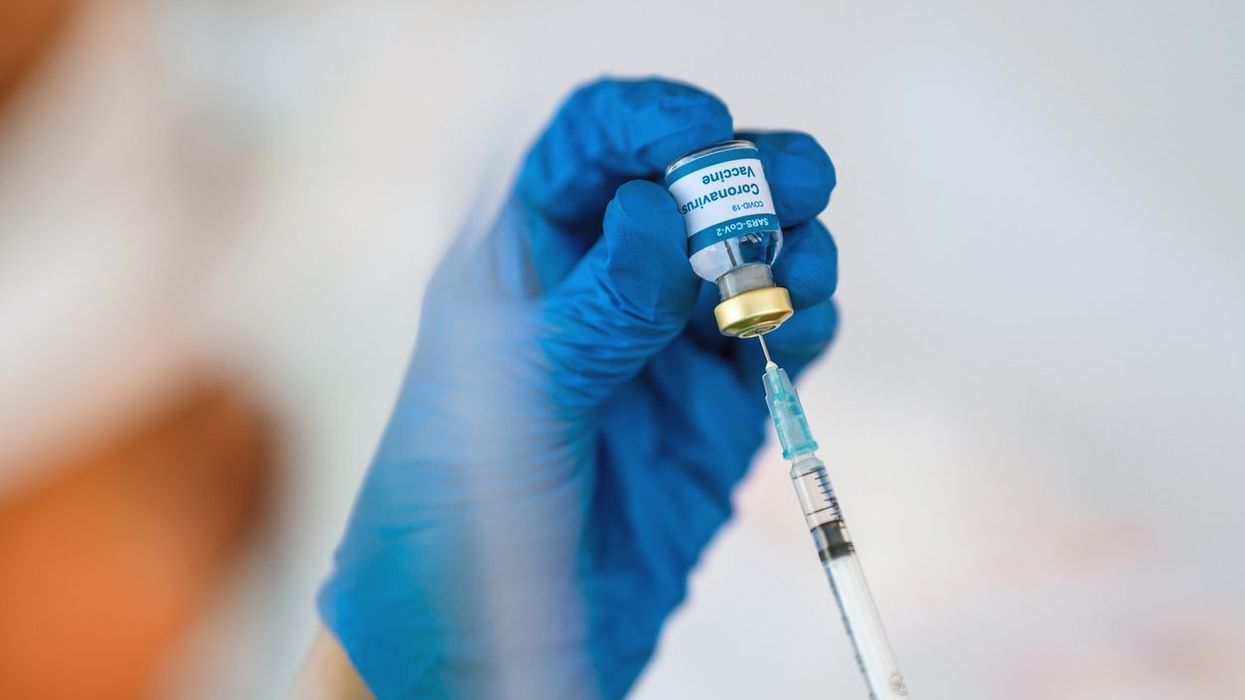THE government hailed its vaccine partnership with India which will help combat malaria as one of the biggest killers of children in sub-Saharan Africa.
Collaboration between British scientists and Indian manufacturers has resulted in two essential life-saving malaria vaccines – RTS,S and R21 -- being developed.
These have been used in Ghana, Kenya and Malawi, with two million children vaccinated since 2019, and, in January, Cameroon became the first country to give the vaccines to children routinely.
“Both vaccines are significant scientific breakthroughs and important additions to the range of tools we have for fighting malaria,” Anne-Marie Trevelyan, minister of state for the Indo-Pacific in the foreign, commonwealth and development office (FCDO), said recently.
“Both vaccines are now being rolled out across Africa to immunise more than six million children by the end of 2025. This is a huge step forward in the global fight against malaria and would not have been possible without a strong UK-India partnership,” she said.
On Thursday (26), to mark WHO's World Malaria Day, the FCDO announced that Sierra Leone, Liberia and Benin will begin their first rollout of the UK-Indian developed RTS,S vaccine, “marking a significant milestone in ending malaria”.
“Another success story in India-UK collaboration. The joint effort in developing and manufacturing two malaria vaccines,” the high commission of India in London said.
The UK is the largest sovereign donor to the core immunisation programme of Gavi, the Vaccine Alliance, which is currently supporting the rollout of the RTS,S malaria vaccine.
A total of 22 countries are approved to roll out the vaccine, with Gavi aiming to immunise more than six million children from malaria by the end of 2025.
The only two WHO-approved malaria vaccines are developed by UK scientists at GSK and the University of Oxford and are now being manufactured at scale by Indian pharmaceutical companies.
The GSK vaccine RTS,S is being produced by Bharat Biotech, and the University of Oxford’s newer R21 vaccine, by the Serum Institute of India.
Findings from a major pilot study, which began in 2019 for rolling out RTS,S in Ghana, Kenya and Malawi, has shown that 13 per cent more children are not dying from malaria in combination with other malaria interventions, according to UK ministers.
This week, the FCDO announced £7.4 million in funding from the UK to make malaria drugs and tests accessible to countries around the world.
The funding brings total UK support to MedAccess, which guarantees sales volumes of drugs in uncertain markets at affordable prices, to £17.4m to help one million people access new diagnostic tests and 120 million patients to receive anti-malarial treatments.
In three years, it is expected that more than 50 million people will have access to drugs and other items.
“Deaths from malaria are entirely preventable and the UK’s support for MedAccess will ensure that countries can afford to offer people the best protection against the disease,” said deputy foreign secretary and minister for development and Africa Andrew Mitchell.
(PTI)





